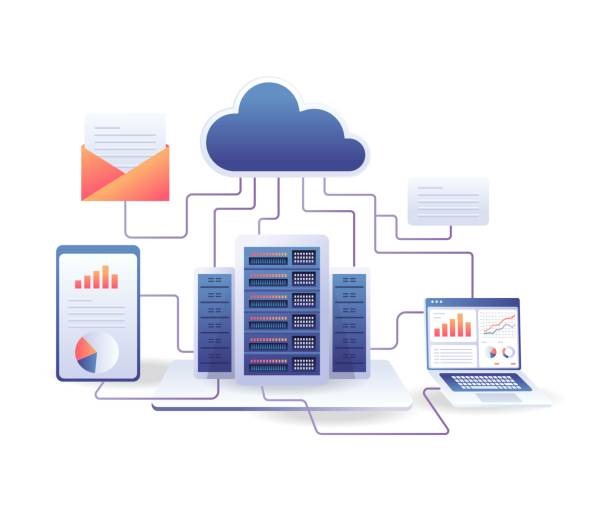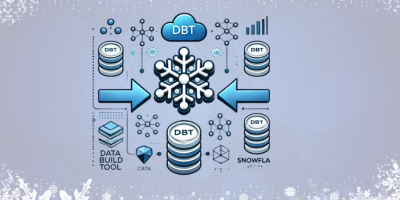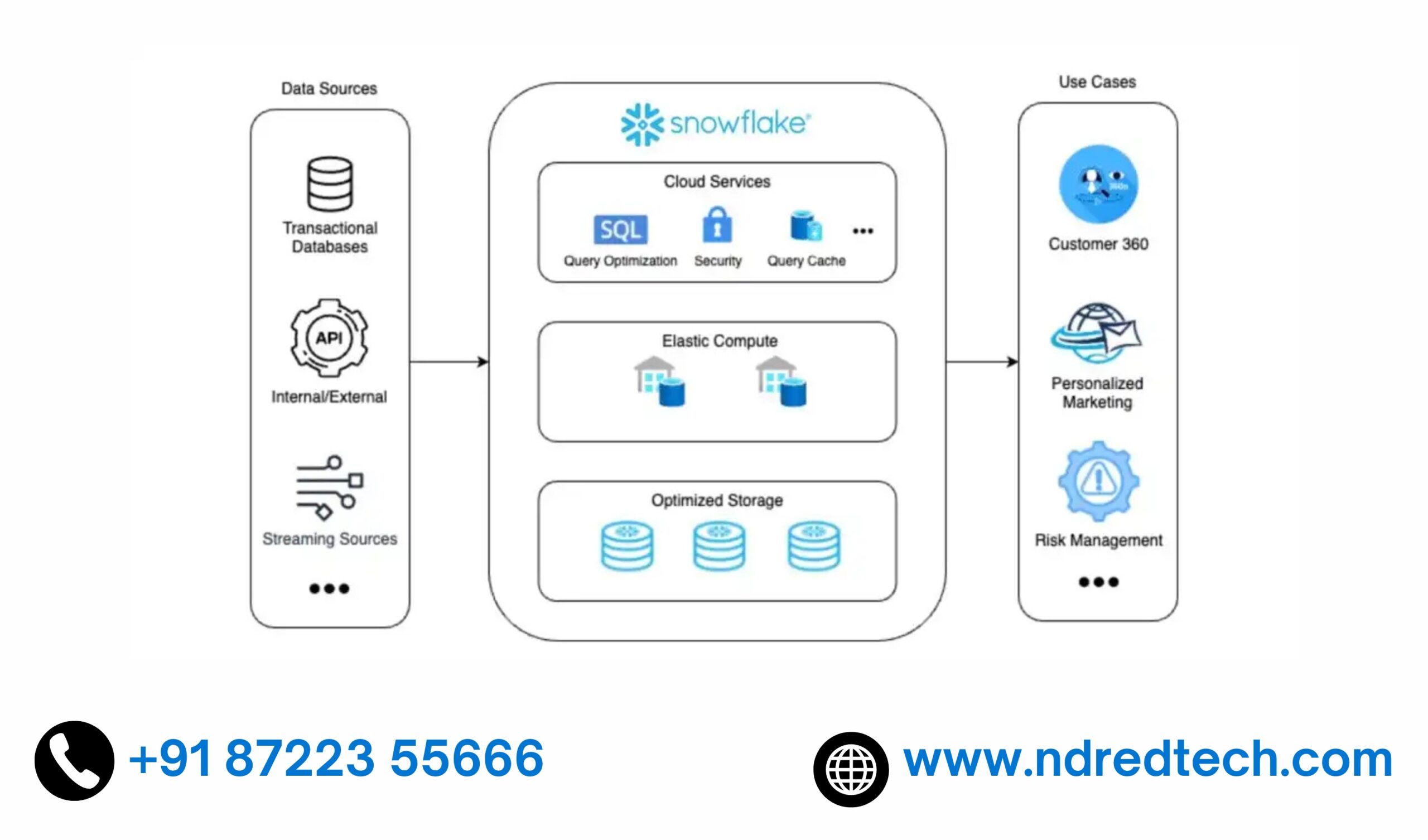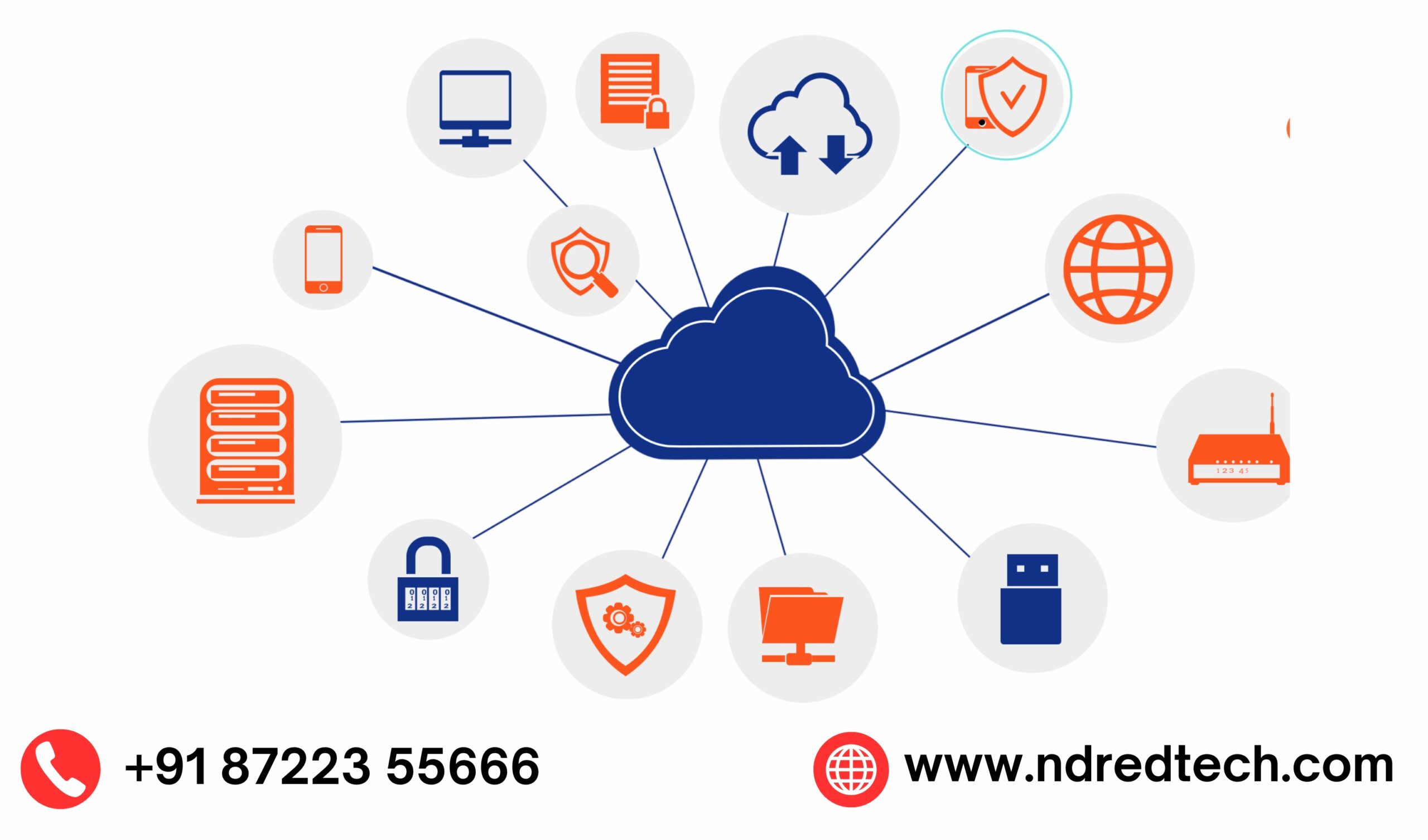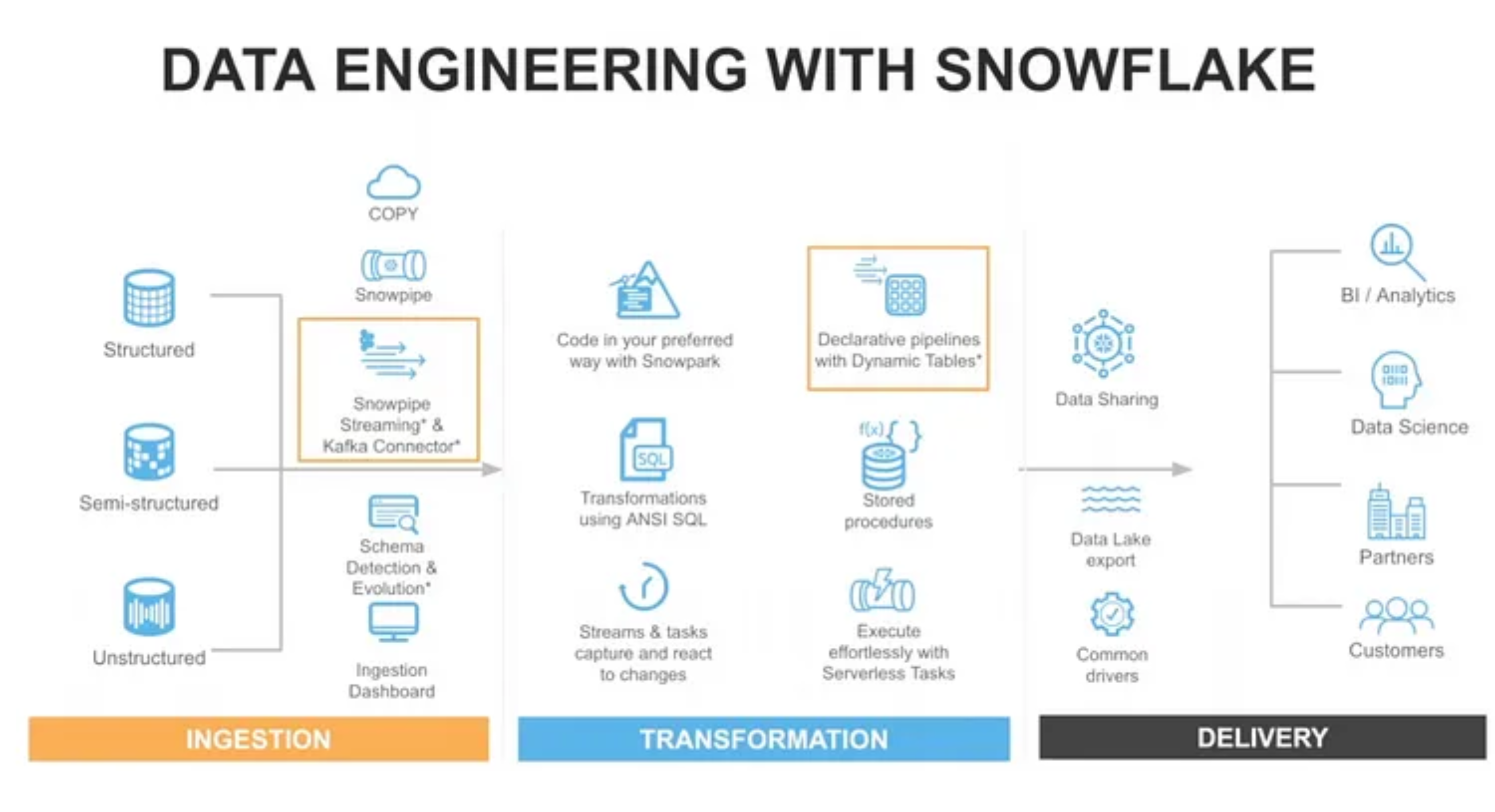1. What is a Snowflake cloud data warehouse?
Snowflake is an analytic data warehouse implemented as a SaaS service. It is built on a new SQL database engine with a unique architecture built for the cloud. This cloud-based data warehouse solution was first available on AWS as software to load and analyze massive volumes of data. The most remarkable feature of Snowflake is its ability to spin up any number of virtual warehouses, which means the user can operate an unlimited number of independent workloads against the same data without any risk of contention.
2. What type of database is Snowflake?
Snowflake is built entirely on a SQL database. It’s a columnar-stored relational database that works well with Excel, Tableau, and many other tools. Snowflake contains its query tool, supports multi-statement transactions, role-based security, etc., which are expected in a SQL database.
3. Can AWS glue connect to Snowflake?
Definitely. AWS glue presents a comprehensive managed environment that easily connects with Snowflake as a data warehouse service. These two solutions collectively enable you to handle data ingestion and transformation with more ease and flexibility.
4. How is data stored in Snowflake?
Snowflakes store the data in multiple micro partitions which are internally optimized and compressed. The data is stored in a columnar format in the cloud storage of Snowflake. The data objects stored by Snowflake cannot be accessed or visible to the users. By running SQL query operations on Snowflake, you can access them.
5. How is Snowflake distinct from AWS?
Snowflake offers storage and computation independently, and storage cost is similar to data storage. AWS handles this aspect by inserting Redshift Spectrum, which enables data querying instantly on S3, yet not as continuous as Snowflake.
6. Explain Snowflake editions?
Snowflake offers multiple editions depending on your usage requirements.
- Standard edition – Its introductory level offering provides unlimited access to Snowflake’s standard features.
- Enterprise edition – Along with Standard edition features and services, offers additional features required for large-scale enterprises.
- Business-critical edition – Also, called Enterprise for Sensitive Data (ESD). It offers high-level data protection for sensitive data to organization needs.
- Virtual Private Snowflake (VPS) – Provides high-level security for organizations dealing with financial activities.
7. Define the Snowflake Cluster
In Snowflake, data partitioning is called clustering, which specifies cluster keys on the table. The method by which you manage clustered data in a table is called re-clustering.
8. Explain Snowflake architecture
Snowflake is built on an AWS cloud data warehouse and is truly Saas offering. There is no software, hardware, ongoing maintenance, tuning, etc. needed to work with Snowflake.
Three main layers make the Snowflake architecture – database storage, query processing, and cloud services.
- Data storage – In Snowflake, the stored data is reorganized into its internal optimized, columnar, and optimized format.
- Query processing – Virtual warehouses process the queries in Snowflake.
- Cloud services – This layer coordinates and handles all activities across the Snowflake. It provides the best results for Authentication, Metadata management, Infrastructure management, Access control, and Query parsing.
9. What are the features of Snowflake?
Unique features of the Snowflake data warehouse are listed below:
- Database and Object Closing
- Support for XML
- External tables
- Hive meta store integration
- Supports geospatial data
- Security and data protection
- Data sharing
- Search optimization service
- Table streams on external tables and shared tables
- Result Caching
10. Why is Snowflake highly successful?
Snowflake is highly successful because of the following reasons:
- It assists a wide variety of technology areas like data integration, business intelligence, advanced analytics, security, and governance.
- It offers cloud infrastructure and supports advanced design architectures ideal for dynamic and quick usage developments.
- Snowflake supports predetermined features like data cloning, data sharing, division of computing and storage, and directly scalable computing.
- Snowflake eases data processing.
- Snowflake provides extendable computing power.
- Snowflake suits various applications like ODS with the staged data, data lakes with data warehouse, raw marts, and data marts with acceptable and modelled data.


